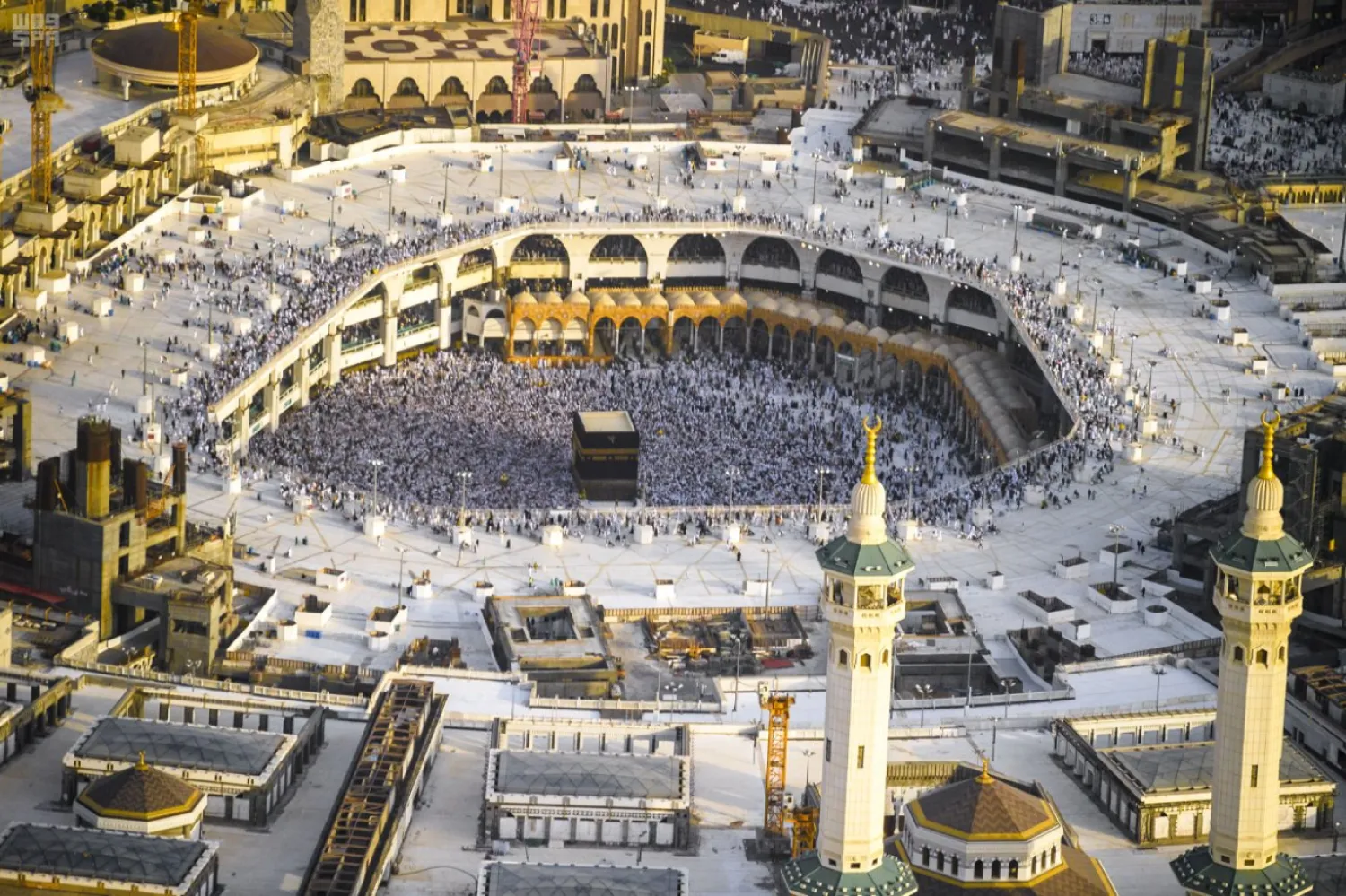A fatwa issued by Muslim Brotherhood cleric Youssef al- Qaradawi about the annual Hajj pilgrimage has sparked condemnation from across the Muslim world.
The Qatar-based cleric tweeted that “Allah has no need for the Hajj. Any duty that He imposed is aimed at enriching his followers so that they can transcend to their maker on the spiritual, moral and psychological levels.”
“Seeing Muslims feeding the hungry, treating the sick and sheltering the homeless are better viewed by Allah than spending money on the Hajj and Umrah every year,” he added.
Doing the above would grant Muslims greater spiritual gratification than circumambulating around the holy Kaaba, he remarked.
Performing the annual Hajj is among the five main pillars of Islam that every able Muslim is expected to perform at least once in their life.
Commenting on Qaradawi’s controversial tweets, advisor at the Saudi royal court Saud al-Qahtani said: “Those who know the history of this mercenary will not find his fatwa unusual.”
Social media activists condemned his fatwa, accusing him of trying to undermine one of Islam’s main pillars.
They also interpreted it as an attempt to lift the pressure off the authorities in Qatar after they barred their people from performing this year’s Hajj pilgrimage.
This was not the first time that the Doha regime attempts to undermine the massive efforts exerted by Saudi Arabia’s leadership and people in servicing the holy pilgrimage, they noted.
They also accused Qaradawi of seeking to spark division among Muslims and exploit religion to achieve his interests.
The cleric made his tweets soon after the Kingdom hosted yet another successful Hajj whereby the pilgrims were able to perform their duties with the greatest of ease and amid great security.
They all thanked the Kingdom and its people for all the facilitations they have been provided.
Qaradawi was placed on the terrorist blacklist by Saudi Arabia, the United Arab Emirates, Bahrain and Egypt on June 8, 2017.









